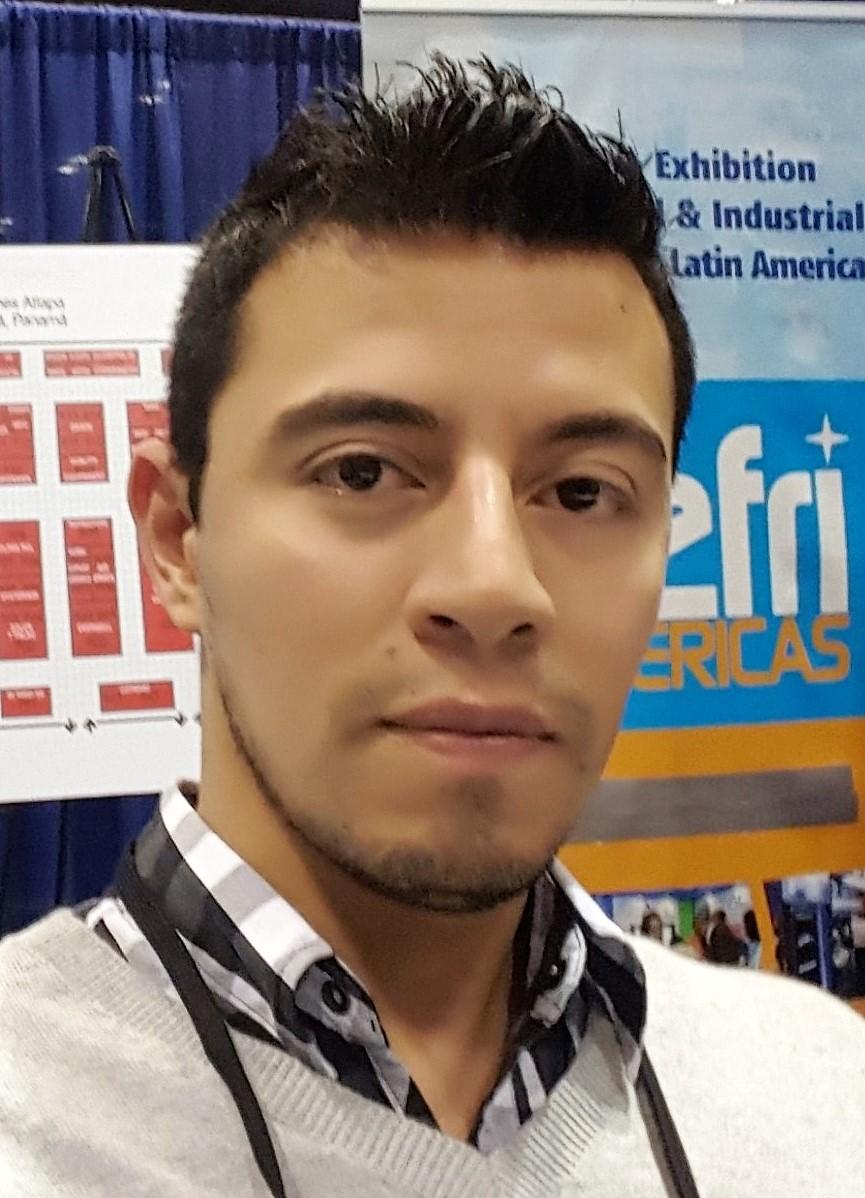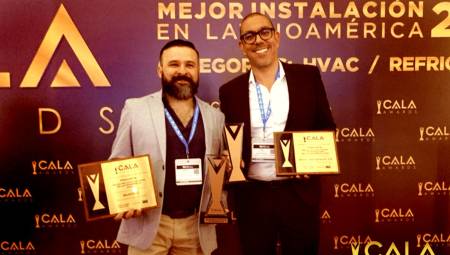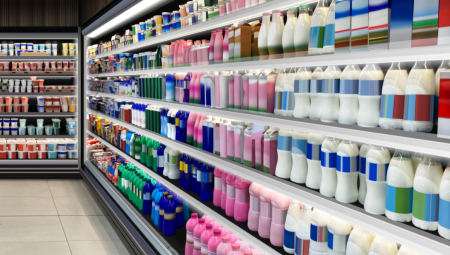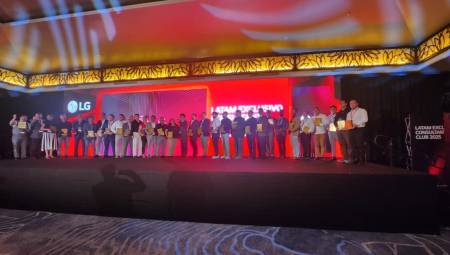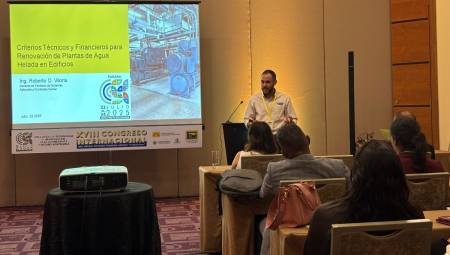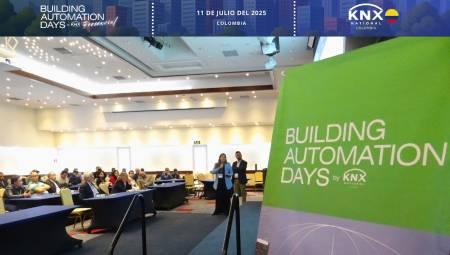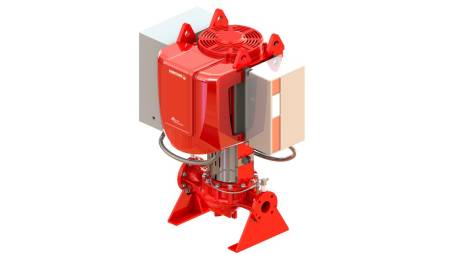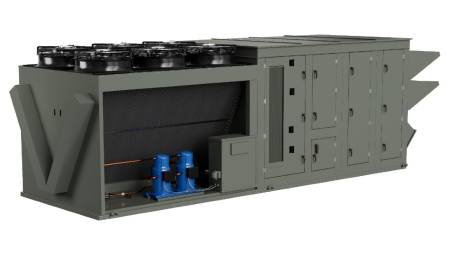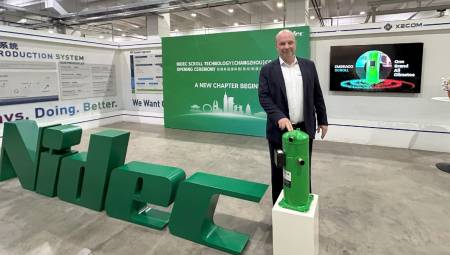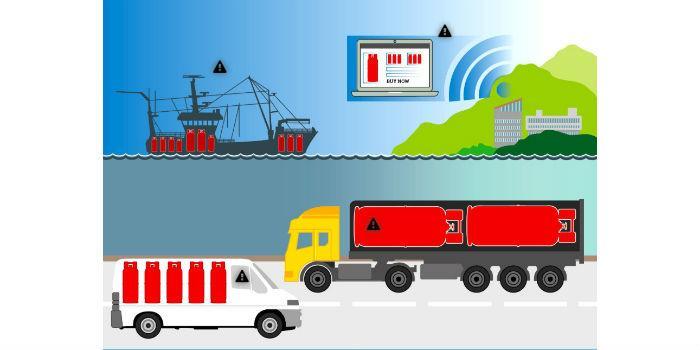 International. According to a study by the Environmental Investigation Agency (EIA), HFC registration and customs data coupled with widespread media reports, indicate that Europe is facing a substantial level of illegal HFC use and trade.
International. According to a study by the Environmental Investigation Agency (EIA), HFC registration and customs data coupled with widespread media reports, indicate that Europe is facing a substantial level of illegal HFC use and trade.
The EIA's analysis of 2018 customs data suggests that up to 16.3 million tonnes of carbon dioxide equivalent (MtCO2e) from bulk HFCs were illegally traded in 2018. This represents more than 16% of the 2018 quota and adds to illegal imports of equipment containing illegal HFCs and HFCs that are undoubtedly smuggled under customs radar.
The illegal HFC trade undermines the F-gas Regulation, results in additional HFC emissions that fuel global warming, and significantly reduces government revenues and the profits of legitimate businesses. "We are concerned that the illegal trade coupled with HFC storage in 2017 has produced a false sense of security in terms of HFC availability to meet phase-down steps from 2018 onwards. Future quota cuts will be difficult to meet unless the transition to low-GWP alternatives is accelerated," reads one part of the report.
Customs data for 2018 indicate a significant oversupply of HFCs in the European market. Massive HFC imports fell in 2018 compared to 2017, but increased compared to 2016.
Through a detailed analysis of European import and export data, EIA estimates that up to 117.5 MtCO2e of HFCs were placed on the market in 2018 through bulk imports. This is approximately 16.3 MtCO2e above the available quota of 101.2 MtCO2e, more than 16% over the allowable quota.
There is a worrying trend of a significant increase in imports during 2016-2018 in several countries, despite the significant cut in the HFC quota in 2018 of 37% from the start. This could indicate hotspots of illegal trade.
EIA analysis indicates a discrepancy between European customs data and data reported by companies to the HFC Registry.
According to European customs data, bulk imports in 2016 were lower than those reported in the HFC Register by 2,557 tonnes, while in 2017 imports according to European customs data were higher by 728 tonnes. However, if the CO2e of imports is calculated, based on the GWPs of the reported CN codes, the discrepancy between the two datasets is much greater in 2017 than in 2016. Calculated on a CO2e basis, in 2017 European customs data indicate HFC imports of 166.58 MtCO2e, i.e. 12.1 MtCO2e above HFC Registry data.
Taking import and export data together, European customs data indicates that a significantly larger amount of HFCs (5,527 tonnes) was placed on the European market in 2017 than was reported to the HFC Registry. In terms of CO2e, the discrepancy is 14.8 MtCO2e, equivalent to 8.7% of the total share.
From the data, it is clear that significant stocks accumulated in 2017 in preparation for the 2018 cut.
Since reports to the HFC Registry declare themselves and customs data verification is limited or non-existent, there is great potential for handling the data reported from the HFC Registry.
HFC prices in Europe began to rise seriously in 2017 in anticipation of the 2018 HFC quota cut. For the second quarter of 2018, the price of the HFC-410A was 859% higher for original equipment manufacturers (OEMs) and 833% higher for service companies than in 2014. Similar price increases have been observed for other HFCs, with the largest price increases for those with the highest GWP.
According to the latest Öko-Recherche report, prices in 2018 have largely leveled off and demand for refrigerants, despite the large quota cut, was said to be low. Possible reasons for this include storage in previous quarters (i.e. in 2017), increased focus on refrigerant handling, lower demand due to transitions to lower GWP technologies, and potential illegal trade.
Illegal exchange
Industry stakeholder information coupled with media reports and analysis of trade data suggests a growing prevalence of the illegal HFC trade across the EU.
HFCs reach Europe from China directly and through EU border countries, in particular through Russia, Ukraine, Turkey and Albania. Discrepancies in customs data indicate that the key entry points are probably Denmark, Greece, Latvia, Poland and Malta, however, all member states must take steps to examine customs data in relation to company data in the HFC Register.
Multiple industry sources reported that illegal refrigerants made up 50-80% of the Greek, Bulgarian and Romanian markets.
In Italy, ~5-10% of the mobile HFC air conditioning market is estimated to be illegal, while in Poland the number is estimated to be 30%.
"There is an urgent need to immediately improve the implementation of the Fluorinated Gas Regulation, especially at EU border level. Member States should seize, prosecute and apply sufficiently high penalties. Sanctions that have been determined by Member States are generally not high enough to deter HFC smuggling and are rarely enforced," the report states.
The study also explains that there are two distinct mechanisms regarding illegal trade in HFCs in the EU. The first is where companies import HFCs without quota through normal customs channels. EIA's analysis of 2018 customs data suggests that up to 16.3 MtCO2e of bulk HFCs were illegally placed on the market in this way in 2018 and more than 14.8 MtCO2e in 2017.
The second mechanism, which is much more difficult to quantify, is the more traditional smuggling of HFCs across borders. This can occur outside customs channels, or when HFCs are physically hidden or through fraudulent documentation (e.g., incorrectly labeling the type, purpose, or destination of the HFC shipment). Significant discrepancies between China's export and European import data could be an indication of fraudulent import declarations.
Currently, the European Commission is generally not obliged to verify self-declared data reported to the HFC Register with EU customs data.
Customs officials have access to the HFC Registry where they can check whether an importer is registered or not and access the importer's annual quota allocation or authorization. However, there is no access to information that can tell customs how much a company has imported. Even if an importer is clearly importing an amount in excess of the company's annual quota (e.g. in a shipment), customs cannot yet determine that the shipment violates the Fluorinated Gas Regulation as the importer could claim (legitimately or otherwise) that part of the shipment is for re-export outside the Union. n.
The current system is inadequate to confirm the legitimacy of new entrants and prevent them from importing more than the quota. Companies can simply shut down to avoid repercussions or incorrectly declare data in the HFC Registry.
Lost profits due to illegal HFC trading
Governments are losing considerable tax revenue due to the illegal trade in HFCs, through the direct loss of VAT and import duties, but also through the indirect impact that illegal trade has on reducing the price of legal refrigerants. A recent report by Polish NGO PROZON estimated that Poland's treasury lost €7 million in 2018 due to illegal imports of refrigerants valued at €55 million. Losses for Lithuanian and Greek treasurers have been estimated at €5 million and €20 million respectively.
The full report can be downloaded by clicking here.
Source: IEA.


